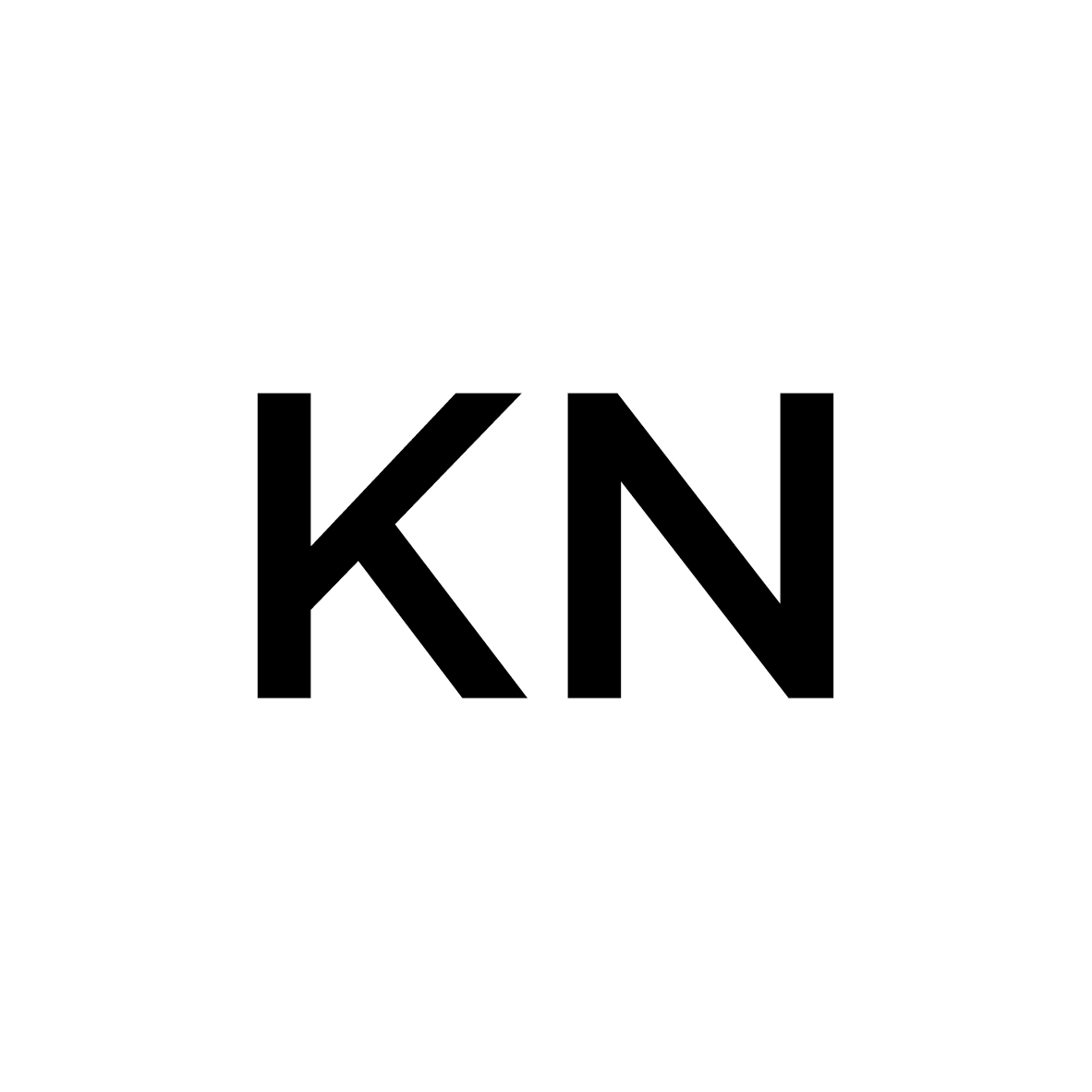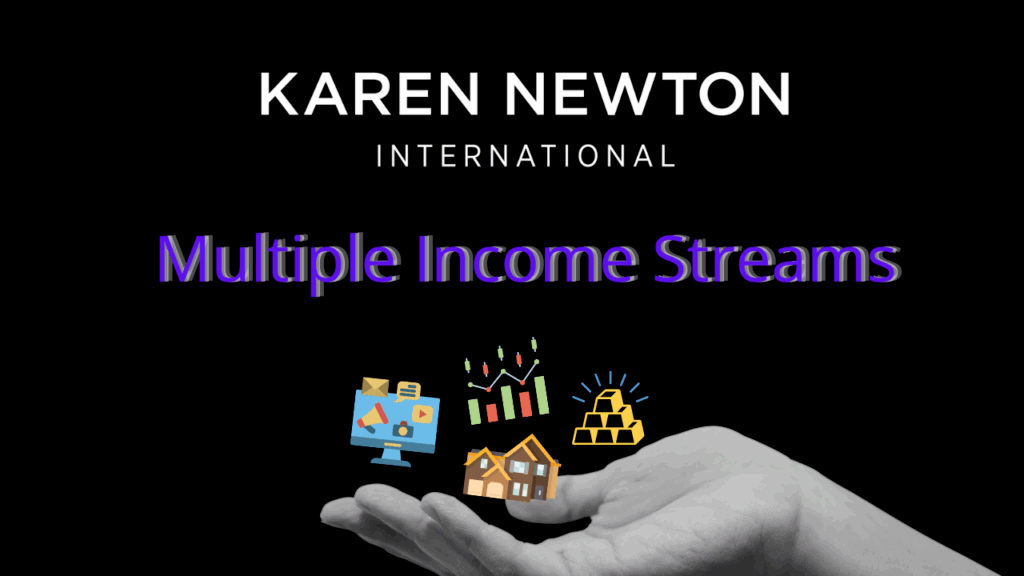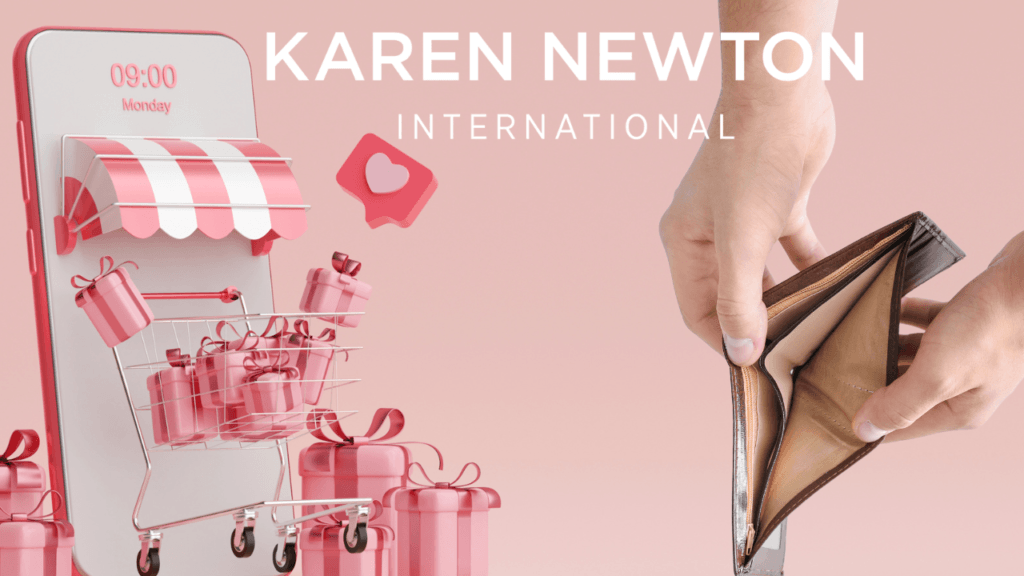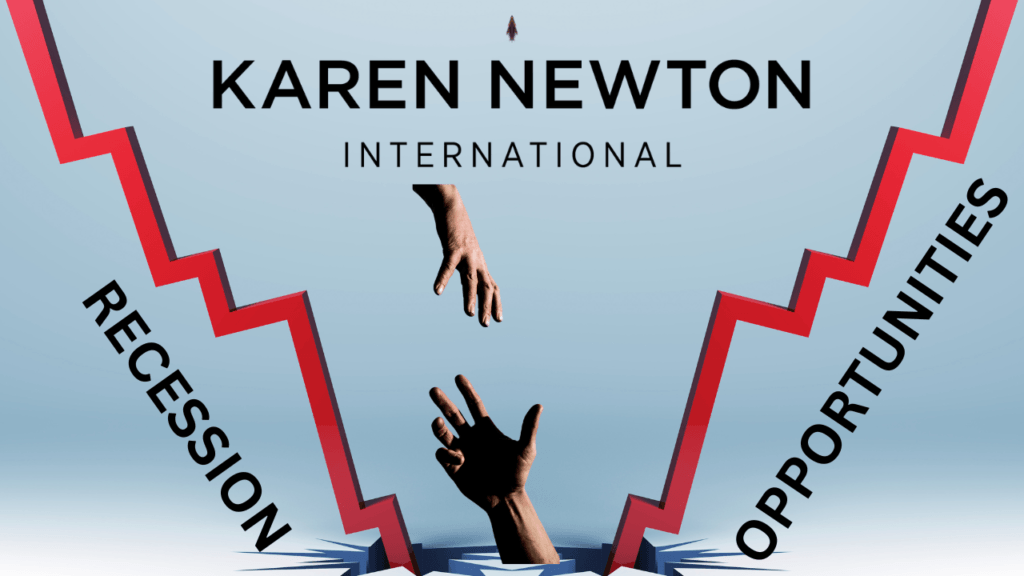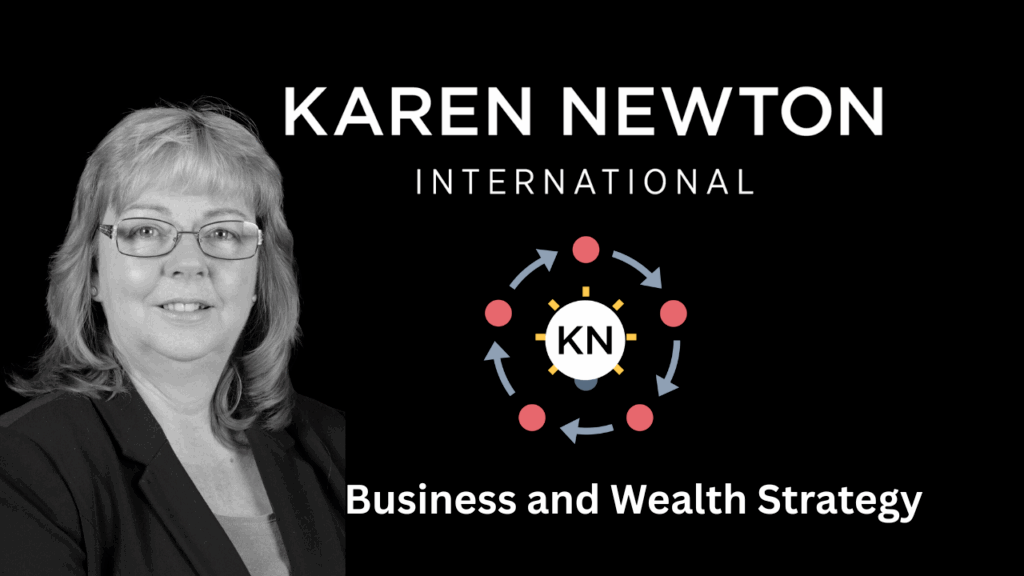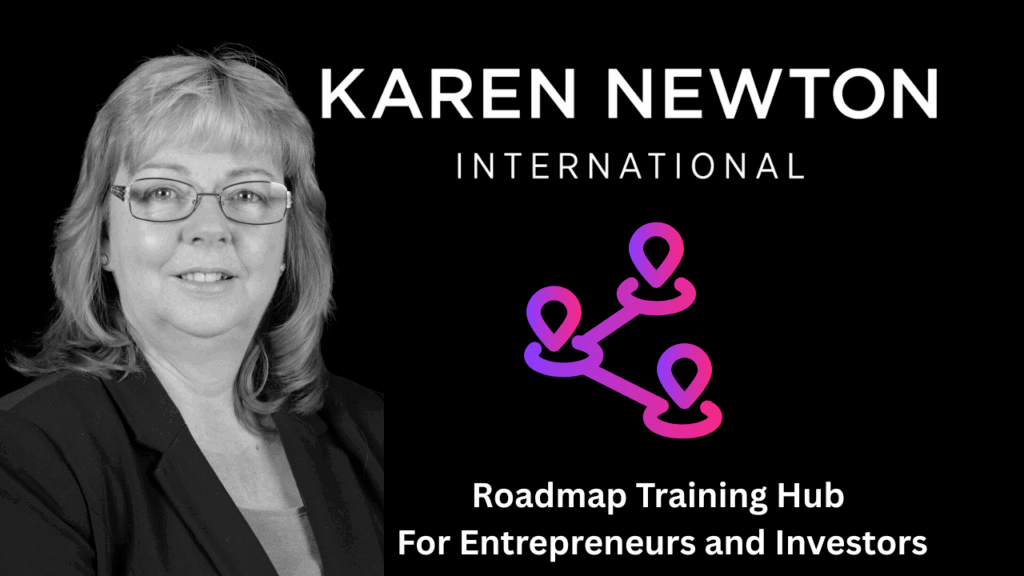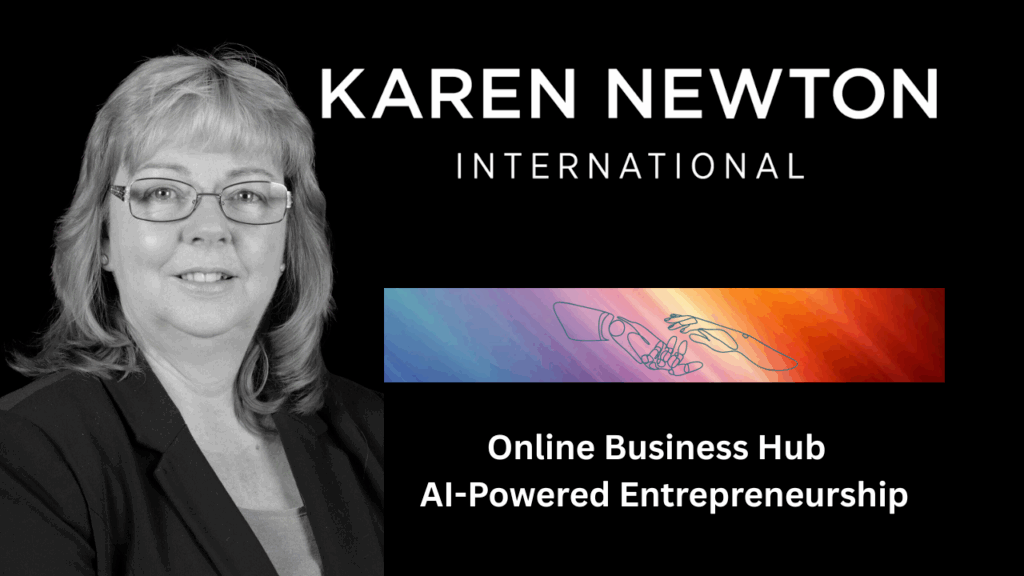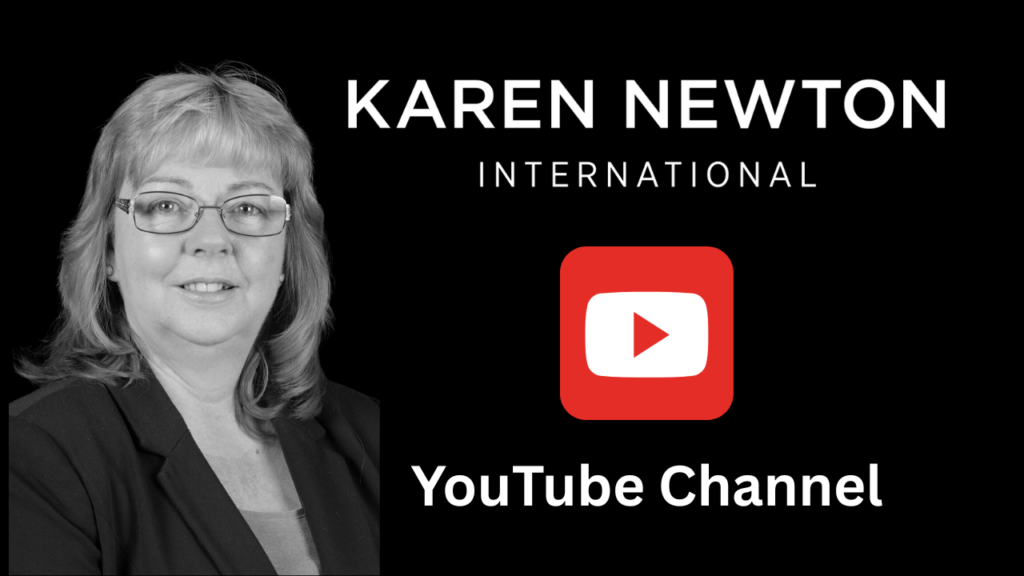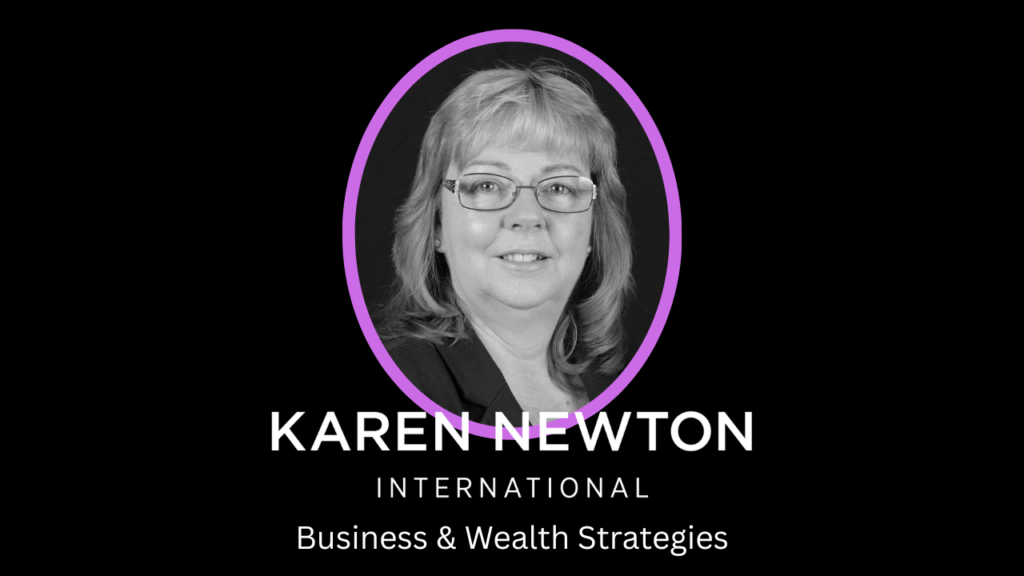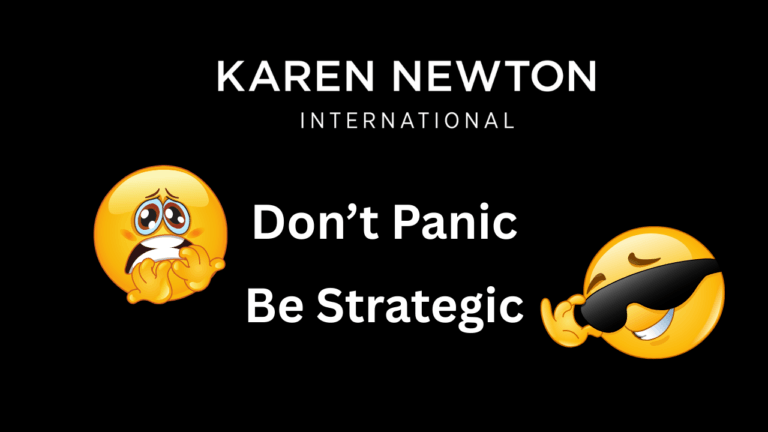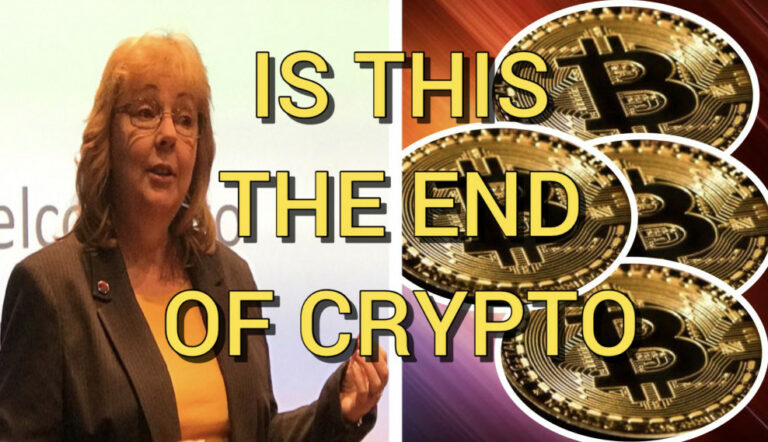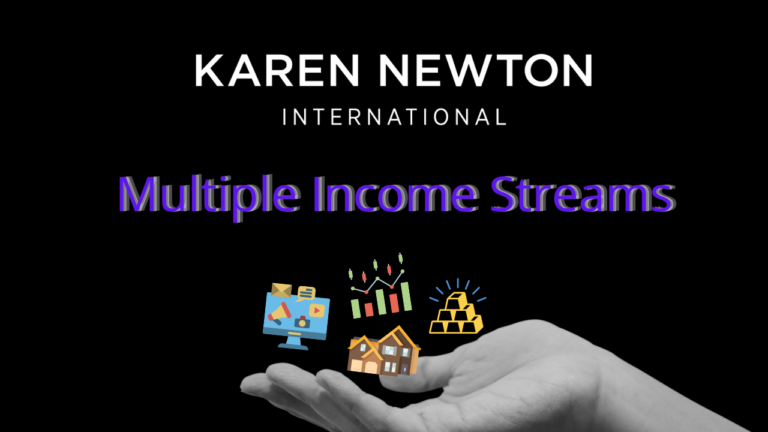The Cottage Industry Comeback
Cottage Industry comeback – every economic cycle has a tipping point. A moment when the cracks stop being background noise and start becoming the dominant story. We’re entering that moment now.
From rising unemployment to corporate instability and global real estate stress, the signs of a major economic shift are unmistakable. And as we move closer to the 2026/27 downcycle, more people are quietly returning to the oldest (and most reliable) financial strategy in history:
Building small, home-based income streams — a cottage industry.
Before we dive into why this matters, let’s outline what’s really happening beneath the headlines.
Key Takeaways
- The global economy is showing early signs of a severe contraction.
- Major corporations (including BlackRock) are reporting unprecedented losses.
- UK is facing a potential 28,000 business closures over the next year.
- Government debt and interest payments are rising at unsustainable levels.
- Cottage industries are resurging as families look for control and stability.
- “Be Your Own Economy” is now a practical strategy — not just a mindset.
Table of Contents
1. The Economic Signals We Can’t Ignore
We’re seeing a cluster of economic indicators lining up in ways we haven’t witnessed since the early 2000s and in some cases, since the 1970s.
Here are the major triggers:
Commercial Real Estate Breakdown
Borrowing for Commercial Real Estate is refinancing. It’s a credit wall as offices around the world remain empty. Companies haven’t returned to pre-pandemic occupancy, and valuations are in freefall. Borrowers can’t afford to remortgage and banks are heavily exposed to unpaid loans. Some banks have indicated up to 73% of the commercial real estate loans are at high risk.
Corporate Losses
Following the pandemic, BlackRock posted the largest corporate loss in history, blaming a sharp drop in investor activity. This after indicating they would need a trillion dollar bailout. When the biggest asset manager in the world struggles, it’s a sign the wealthier clients are already pulling back.
Rising Business Failures
In the UK, unemployment has reached 4 year highs. Analysts estimate 28,000 UK businesse could collapse in the next 12 months. (Other countries are following similar patterns, particularly higher-debt nations.)
Government Debt Pressures
Interest payments are consuming a growing percentage of tax revenue. This restricts spending, reduces public support, and increases the risk of austerity measures which with a high regime of tax, energy and inflation would hit consumers extremely hard.
Subprime 2.0
A new wave of high-risk credit products is emerging. It’s a classic sign of financial strain and called Subprime 2.0.
Investment Cycles Pointing to 2026
The long-term cycles — yield curves, debt cycles, commodity cycles, and credit waves — all point to a major reset window around 2026/27.
This is the context. This is the setup. Now, here’s why cottage industries matter.
2. Why Traditional Employment Is Becoming Riskier
For decades, the safest financial plan was simple, Get a job. Stick with it. Save a little.
But that model is breaking down:
- companies are cutting staff quietly
- AI is automating mid-level roles
- government budgets are tightening
- layoffs are increasing
- industries are shrinking
- wages aren’t keeping up with costs
Even people who are “safe” on paper feel less secure than ever.
This is why income diversification is no longer optional.
3. The Return of the Cottage Industry
Historically, the cottage industry surges during:
- recessions
- inflationary periods
- high unemployment
- credit tightening
- economic uncertainty
We saw them grow during the 1970s, the early 1990s, and after the 2008 crisis.
But the coming downturn is shaping up differently. This time, the cottage industry is merging with technology.
So instead of just sewing, baking, or repairing… people are also building niche AI-powered micro-businesses from home.
This is Cottage Industry 2.0.
4. How Home-Based Income Streams Work Today
The modern cottage industry include both traditional and digital:
Traditional
- growing food
- preserving, jam-making, pickling
- home baking, meal prep, catering
- upcycling and repairs
- crafts, soaps, candles
- tutoring or lessons
- cleaning, pet care, childcare
- local services
Digital
- printables
- ebooks
- digital templates
- niche online services
- AI-assisted micro-agencies
- affiliate marketing
- online workshops
- YouTube or TikTok content
- subscription boxes
- online communities
- digital products from home skills
Small actions combine to create multiple income streams that buffer the household from economic instability.
5. Use a Cottage Industry to Build Your Own Economy
Be Your Own Economy means:
- generating your own income
- producing some of your own essentials
- investing the surplus monthly
- building financial resilience
- reducing dependence on governments or corporations
You don’t need massive resources to begin. You just need one small starting stream and then you build from there.
A cottage industry does three crucial things:
- Protect you from economic uncertainty
- Increase your monthly surplus for investing
- Accelerate wealth through compounding
This is the foundation of long-term wealth, especially heading into a downcycle.
6. Examples You Can Start This Month
Low-cost, high-value cottage industries:
- growing microgreens
- selling herbs or homemade spices
- handmade natural cleaning products
- homemade dog treats
- digital printables
- hyper-niche blogs with AI-assisted content
- repair services
- sewing, alterations, upcycling
- jams, chutneys, pickles
- firewood bundles
- handmade crafts
- online micro-workshops
- affiliate marketing with AI
- digital templates
- personalised gifts
- local food delivery
- home baking for neighbours
- social media content specialising in “make your own” or “grow your own”
Each of these can become a reliable income stream.
Start one. Then add another. Then another.
This is how you build your own economy.
Further Reading
Frequently Asked Questions
Is a cottage industry realistic in modern times?
Yes, and the combination of AI + home skills has never made it easier
Do you need money to start
Most can be started with less than £50 or with materials you already own
What if I don’t have skills
Everyone has skills. Start with what you can do today, then learn one new skill monthly
Is growing your own food worth it?
Yes, it cuts food costs and builds self-sufficiency especially when income is tight
Can cottage industries really protect against economic downturns?
Absolutely. They provide flexible income at the exact time traditional jobs become unstable
If you’re ready to build additional income streams, create stability, and prepare your household for the 2026 cycle, the Online Entrepreneur Membership is the perfect place to start.
You’ll learn how to build a small, sustainable business using AI, practical strategies, and a step-by-step structure designed for beginners.
Start where you are.
Build the income.
Grow the wealth.
Be Your Own Economy.
Learn more about Online Entrepreneur Membership
Access the Online Entrepreneur Membership
Karen Newton Ecosystem
Glossary
Definitions of words and phrases used in this article can be found in the Glossary

Karen Newton is a Business and Wealth Strategist, 3x International Bestselling Author, and founder of Karen Newton International. She combines practical experience with AI-Powered Entrepreneurship to help smart entrepreneurs build online income, invest strategically, and create long-term wealth through business growth, investments and joint ventures.
